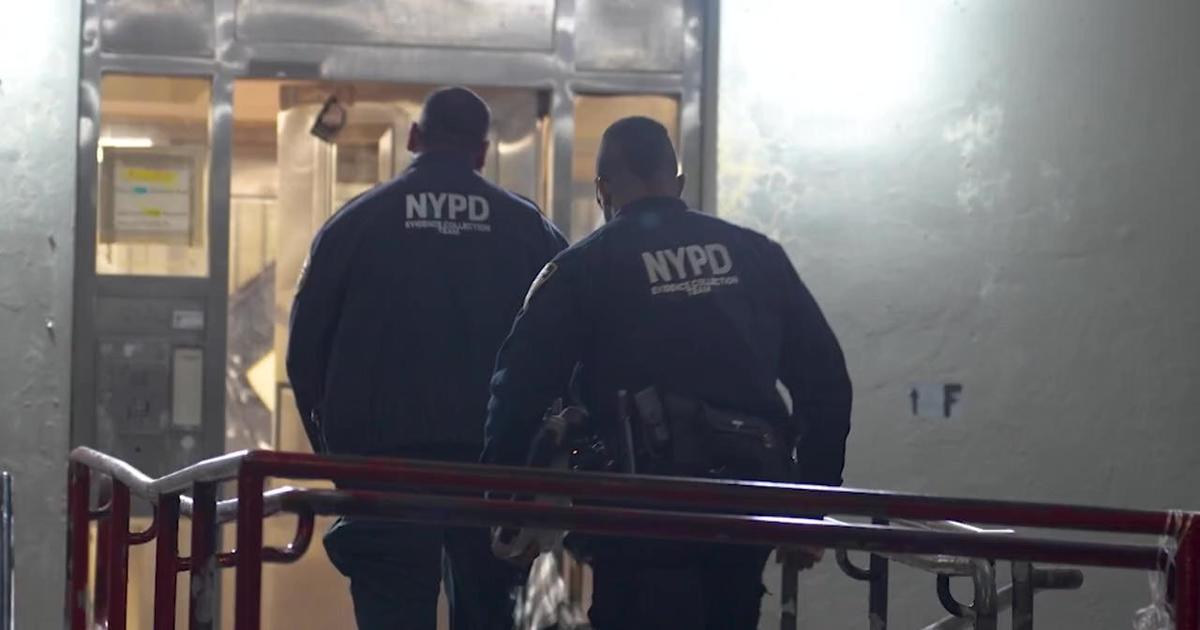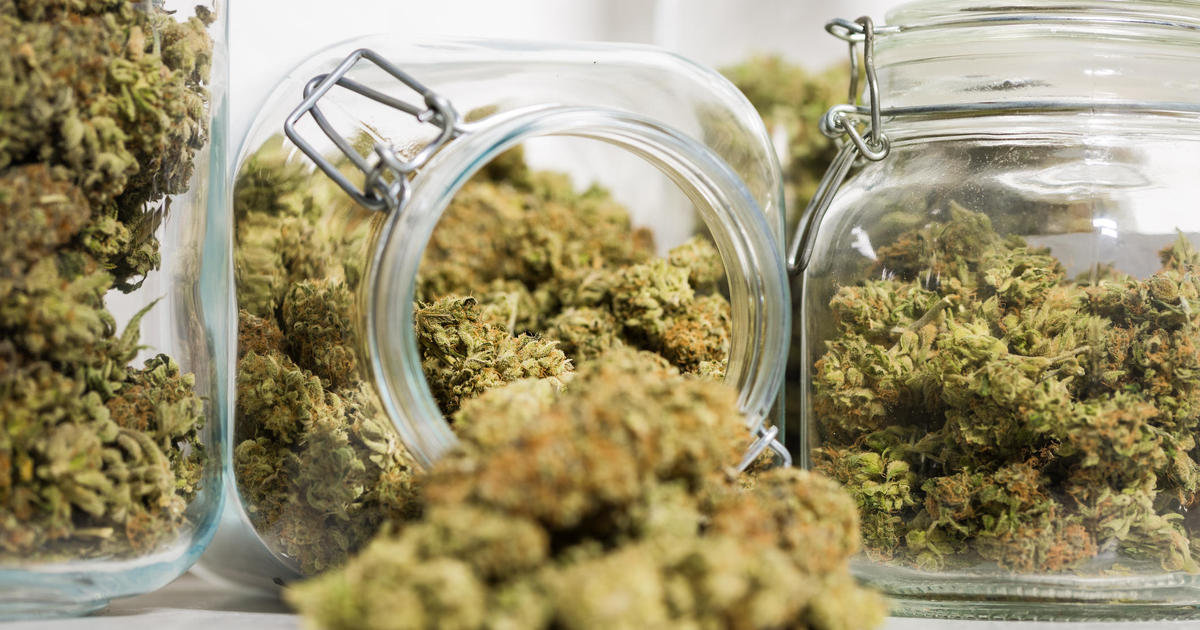Seen At 11: Colleges, Universities Crack Down On 'Study Drugs'
NEW YORK (CBS 2) -- More than a third of college students take prescription medications to help them study – even if they don't have a prescription.
But as CBS 2's Kristine Johnson reported, when students return to school after summer break, they may find it a lot harder to get their hands on the so-called "study drugs."
One overwhelmed college freshman said taking medication intended for attention deficit disorder gave him a boost. He said he already had a lot of friends who were on the medication.
"I had taken some of theirs and that helped me," said the student, who asked not to be identified.
It is all part of a growing college trend called "academic doping." Students use stimulants such as Adderall and Ritalin to help them focus and achieve academic excellence.
And many take the drugs without a prescription – or without ever seeing a doctor.
"I've never sold them, but have given them away," the student said.
But come this fall, doctors said students will find it harder to get their hands on the drugs at colleges and universities across the country.
"Recently, a number of campuses have announced that they will no longer prescribe stimulant medication for those students with attention deficit disorder," said Dr. Jerald Kay of the American Psychiatry Association.
Other college health centers, overwhelmed with requests from students for the pills, will require students to sign a contract if they take the medication.
"It states they will notify us if they are prescribed medication by anyone else, if they are on any other addicting kinds of medication that wouldn't mix. They promise that they will not abuse any drugs. They promise not to share or sell their medications to roommates. And importantly they promise to follow through with therapy," said Dr. Ted Grace, Director of Student Health Services at Southern Illinois University in Carbondale, Ill.
The contract also gives consent for periodic random drug testing.
"If we think they may be coming in to get a prescription to sell it on the street, that allows us the opportunity to determine that they're truly taking the medication," Grace said.
But not everyone agrees the changes will curb prescription abuse. Some health advocates are worried it may, in fact, hurt people in need.
"We're making it harder and harder for them to have access to good treatment and to have support," said Dr. Ruth Hughes of Children and Adults with Attention-Deficit/Hyperactivity Disorder. "You know, if somebody has asthma and has to take asthma medication every day or diabetes or high-blood pressure, we wouldn't question their need for medication."
Doctors acknowledge colleges are facing a tough dilemma.
"We need to have these protocols in place, but believe me, our last resort is to turn down somebody we think has ADHD," Grace said.
Some schools also consider the unauthorized use of the drugs a form of cheating, with students facing expulsion.
You May Also Be Interested In These Stories



